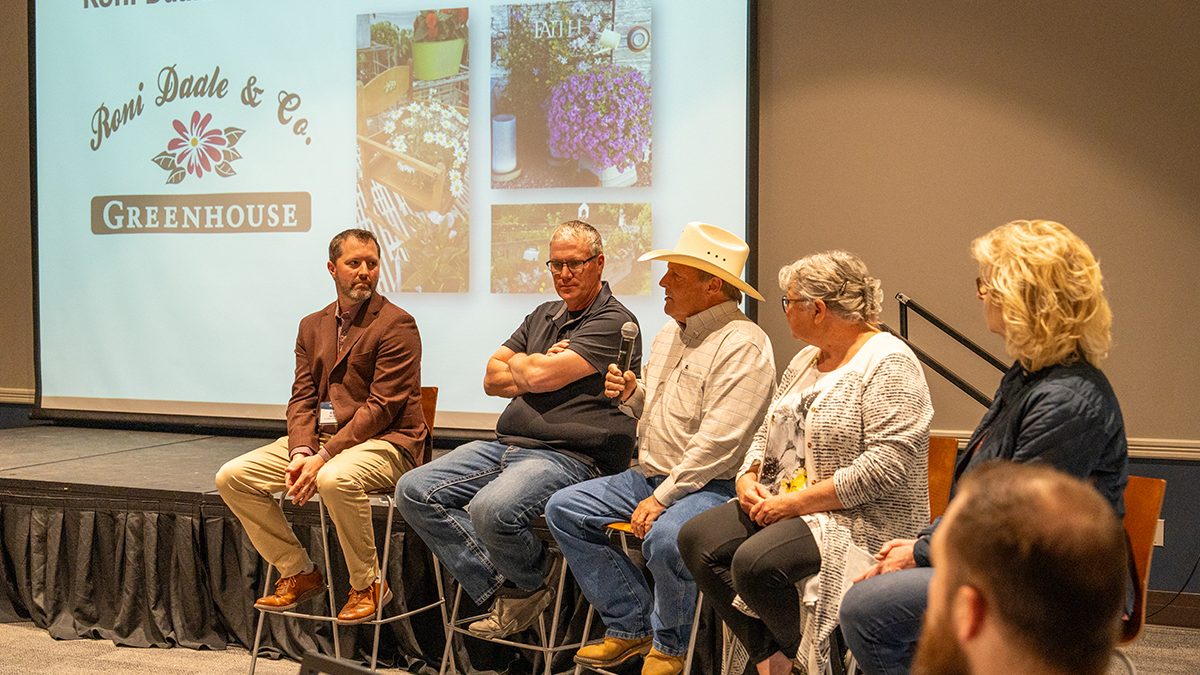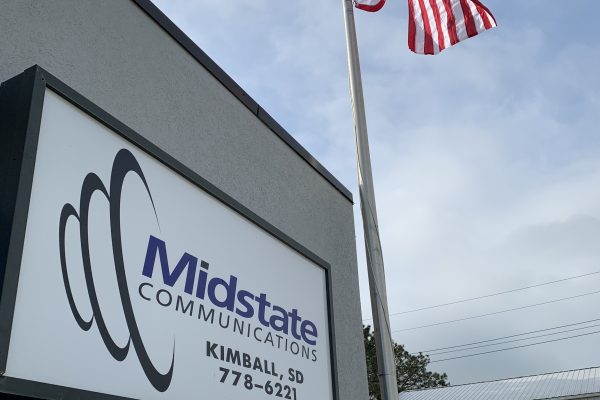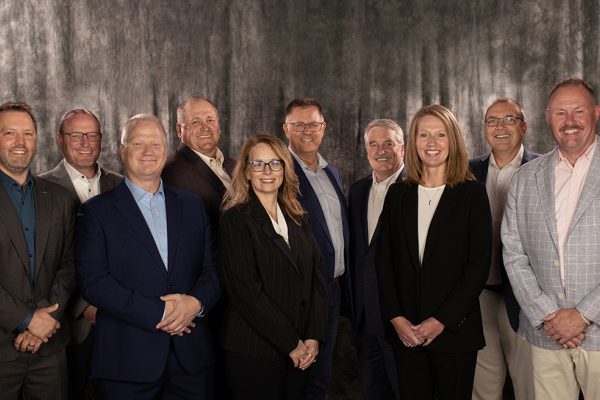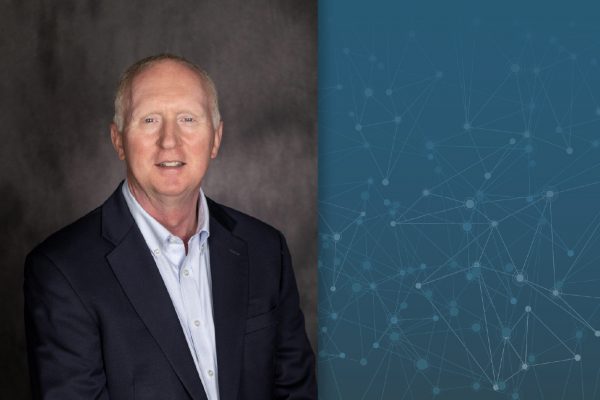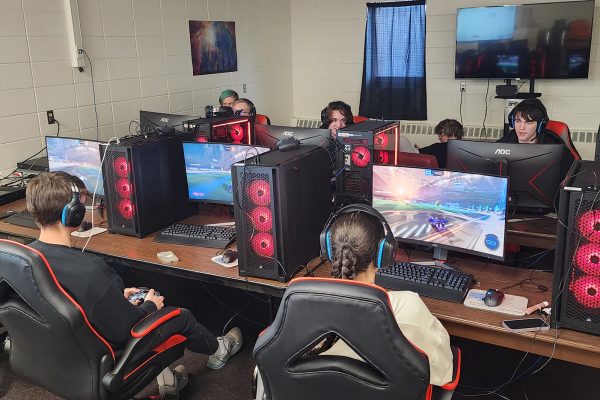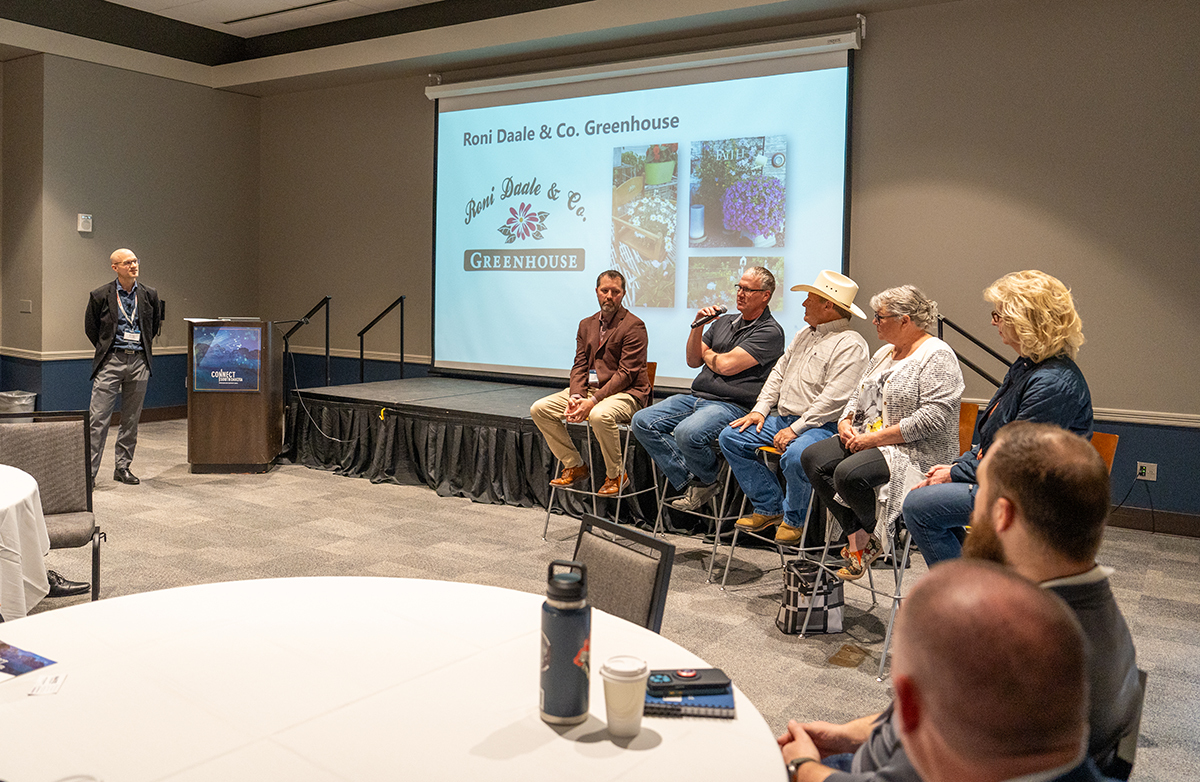
Imagine operating a business where you can’t look up inventory online. Or that a payment option for your customers might include a self-addressed, stamped envelope for them to mail you a check because there’s no Wi-Fi to pay electronically. Maybe your internet worked better in the winter when there were no leaves on the trees. Perhaps most tellingly, you’d consider going back to dial-up internet rather than deal with poor or no connections.
For at least three businesses, these situations were the norm before the State of South Dakota and internet providers invested millions of dollars into expanding broadband. Those three business owners shared their stories of how important reliable internet is during a panel discussion at the 2024 Broadband Summit, sponsored by the Governor’s Office of Economic Development, in Sioux Falls in April.
Ryan Dutton, Vice President of Sales and Marketing for SDN Communications, led a panel discussion of South Dakota business owners who have benefited from ConnectSD dollars that enabled fiber expansion. The guests included owners of a bed and breakfast, a greenhouse and a pumpkin patch.
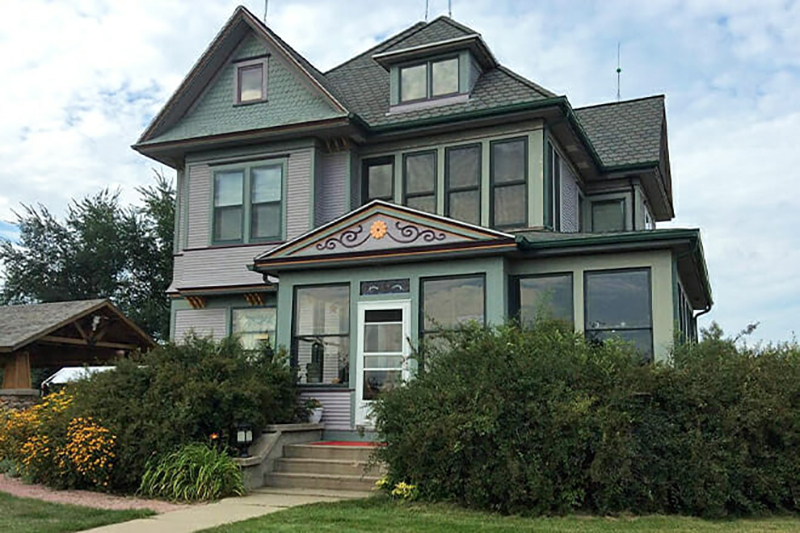
Poor internet like 'not having hot water'
In the hospitality industry, having reliable internet is part of providing a good experience.
“You’d like to think people would travel with a book or look into each other’s eyes all evening, but that’s not the case,” said Sara Steever, Steever House Bed & Breakfast owner. “The expectation is just like in town — people expect to have good Wi-Fi or internet. It’s the equivalent of not having hot water. We’ve got to have it.”
The Steever House is located northeast of Lennox. Steever estimates they’ve hosted 25,000 guests over the years, many are repeat visitors.
“People come to have an experience out in the country, but they still want to be connected,” Steever said.
And until a few years ago, the connection was inconsistent or non-existent, Steever said. They tried new technologies and line-of-sights connections that only worked when the trees weren’t blooming. She said there was fiber across the road from their property, but they couldn’t tap in. ConnectSD dollars enabled Alliance Communications to expand their footprint and bring fiber to underserved areas like rural Lincoln County.
Alliance Communications has received several grants from the state.
“Back in 2019 when ConnectSD started we looked at the edges of our coverage area and where we were getting requests,” said Ross Petrick, CEO of Alliance Communications. “We started small to test the waters. It’s been nice to hear uplifting stories and the connection we have to these new areas.”
Approximately two years ago, Dave and Roni Daale connected with fiber Alliance Communications from their rural home in Fairview. Their businesses — Roni Daale & Company Greenhouse and Daale Real Estate — rely on internet to provide the best service to their customers. For many years, the Daales dealt with frustration, however.
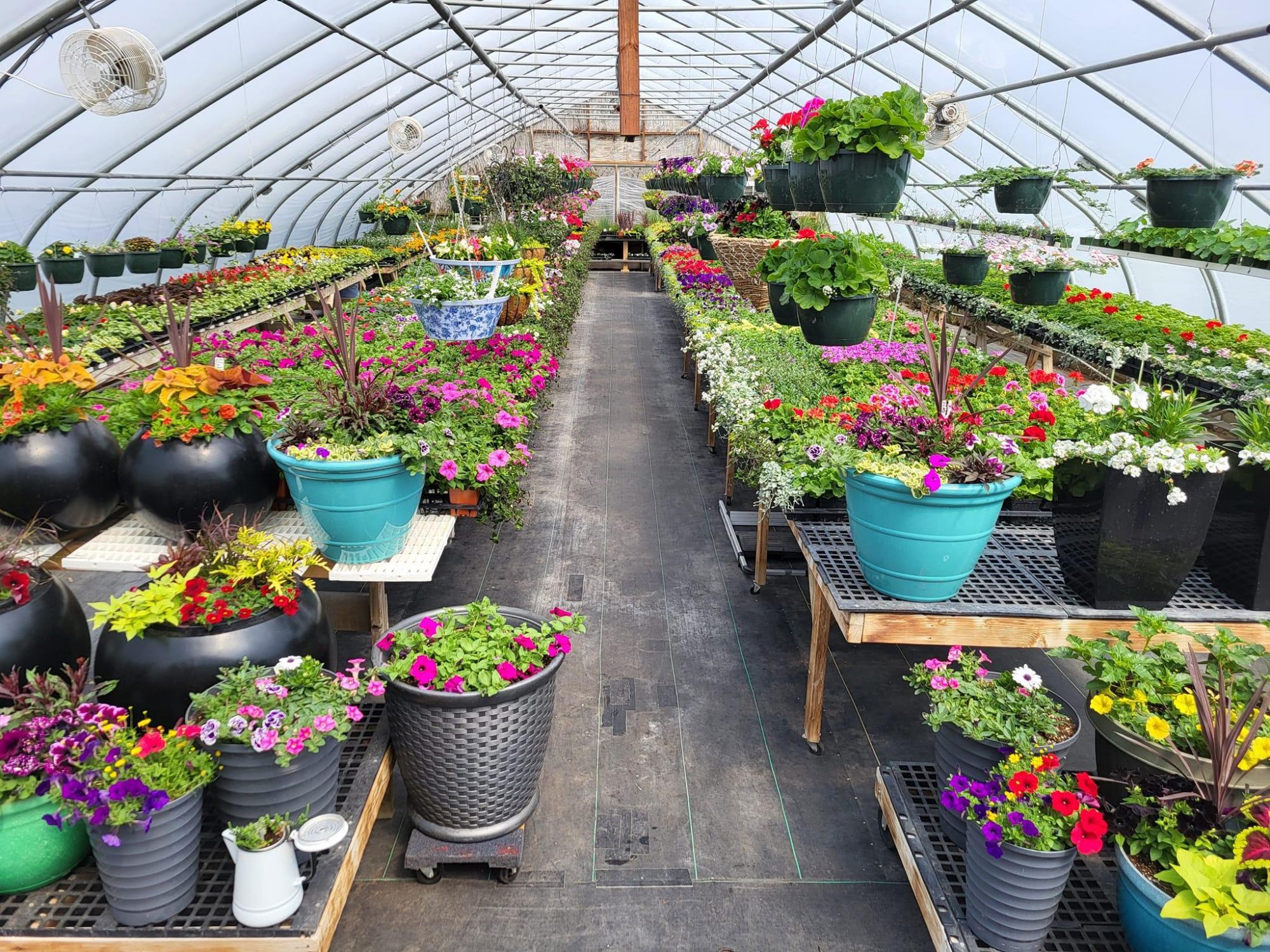
“We’d want to look something up, but the internet went down and then we’d have to call the customer back,” Roni Daale said. “We’d complain. The company said, 'Gamers must be sucking all the internet.' I know everyone in town, and I don’t know any gamers. I’d have to drive three miles up a hill to have phone service.”
The Daales used two-way radios to communicate between the greenhouse and the house, so when the opportunity to sign on to Alliance Communications came up, they jumped on it.
“We know how it has affected our business; we can imagine how much it has helped others. Previously, we had the most antiquated copper lines. You can speed it up all you like, but then have to hit the brakes when it would get to those lines,” Dave Daale said.
Slow internet will eliminate 'one-third' of home buyers
Roni said her business uses the internet to take Venmo payments and to look up pictures of planters with customers. Their greenhouse business is seasonal, but the real estate business is year-round. For the real estate business, Dave sees people from out of state who want to move to South Dakota and work from home. Some employers require employees to run a speed test before they will allow a person to live at that location and work remotely.
“If you have a house to sell and don’t have good internet, that will eliminate at least one-third of your buyers,” Dave said.
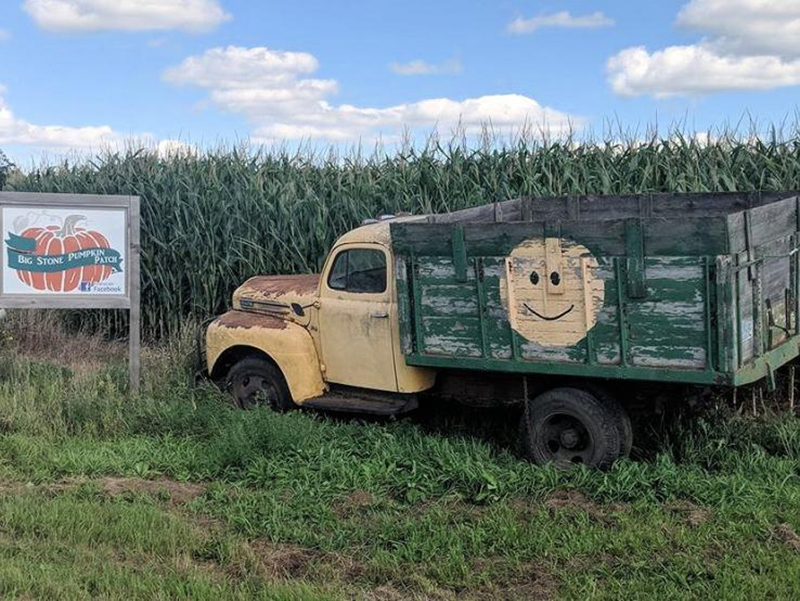
For the Mueller family in Big Stone City near the Minnesota border, reliable internet from Interstate Telecommunications Cooperative (ITC) helps them run multiple businesses and has improved their quality of life.
“The single biggest benefit is reliability,” Mark Mueller said. “I don’t know if we’ve had any issues. We have four kids, two adults and eight to nine screens going at a time and it’s fast and reliable.”
This was not the case during the pandemic, he said. Dropped connections during remote learning were frustrating, he said. In 2021, ITC used grant dollars from ConnectSD to expand their footprint in Grant County.
“It has changed our operation, family, side businesses and main businesses,” Mueller said of the investment.
Mueller farms and takes advantage of technology. He said the sprayer can download application reports by connecting to Wi-Fi when he rolls into the yard. His dryer is also connected, and Mueller can sit in his combine and check its status.
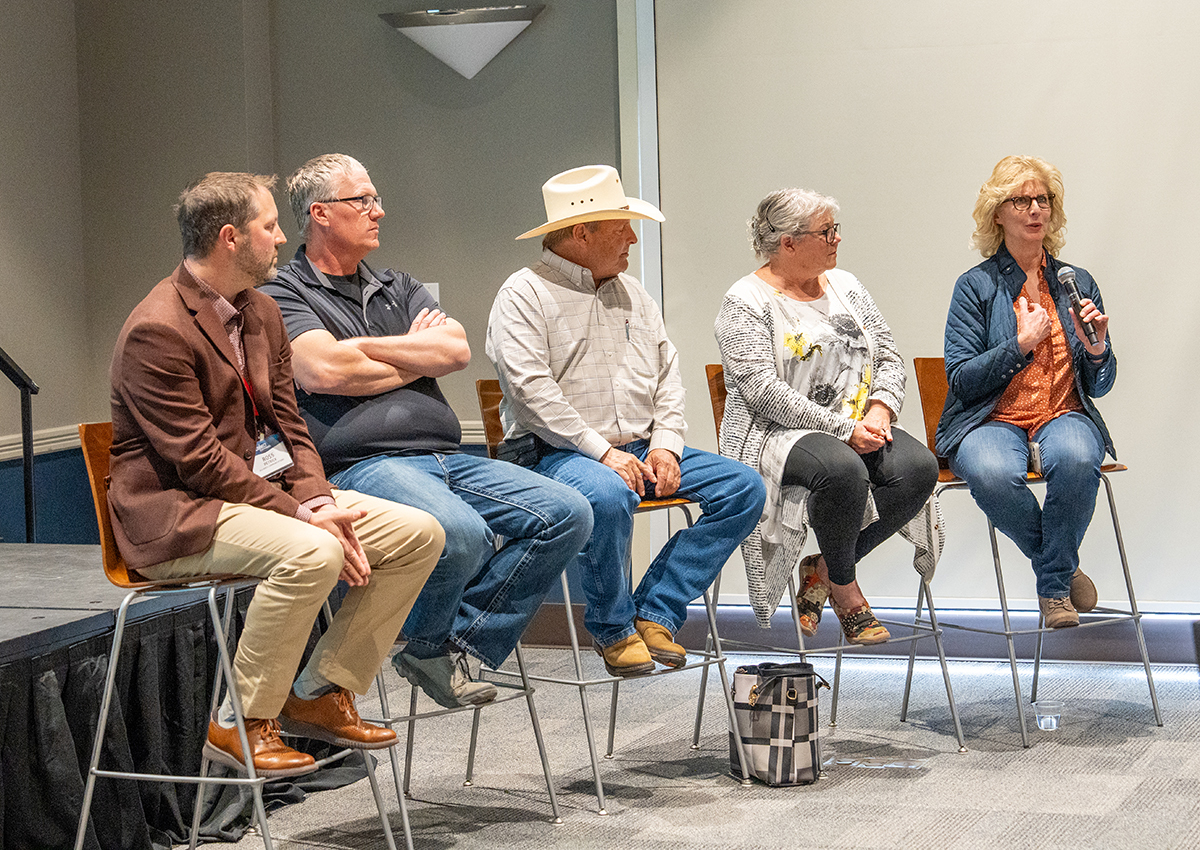
In addition to farming and his wife Emily’s CPA business, the family operates the Big Stone Pumpkin Patch near Milbank, a seasonal pumpkin patch. Approximately 10,000 visitors come through each year, Mueller said. The Muellers wanted to be able to accept electronic payments and have people post photos to social media, but poor internet service meant that was inconsistent, he said.
“We struggled as everyone brought credit cards,” he said. “We’d use Square and we could scan and then hope when you got reconnected that it would work.”
More Connect SD projects are underway this year as SDN member companies continue to expand their footprints and bring reliable internet to unserved and underserved areas in the state.
“Companies coming into South Dakota need bandwidth. Even small businesses like us need it, or people who want to work from home with kids. You can’t have a work-from-home business without the internet. To not have broadband is like not having internet. It is fundamental to a modern society. What a huge leap for our state to bring fiber to rural areas,” Steever said. “It’s the great equalizer.”
